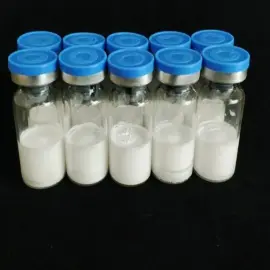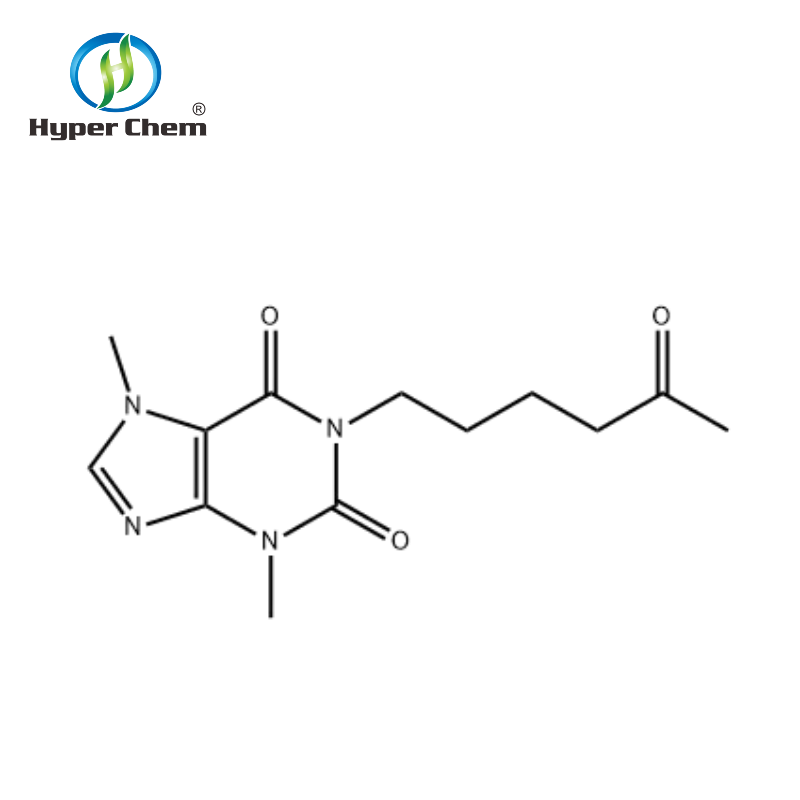-
Categories
-
Pharmaceutical Intermediates
-
Active Pharmaceutical Ingredients
-
Food Additives
- Industrial Coatings
- Agrochemicals
- Dyes and Pigments
- Surfactant
- Flavors and Fragrances
- Chemical Reagents
- Catalyst and Auxiliary
- Natural Products
- Inorganic Chemistry
-
Organic Chemistry
-
Biochemical Engineering
- Analytical Chemistry
-
Cosmetic Ingredient
- Water Treatment Chemical
-
Pharmaceutical Intermediates
Promotion
ECHEMI Mall
Wholesale
Weekly Price
Exhibition
News
-
Trade Service
Linoleic acid is an essential fatty acid that is widely used in the chemical industry.
It is a naturally occurring fatty acid that is found in various plant-based oils, including safflower, soybean, and sunflower oils.
Linoleic acid is an important component of many consumer products, including cosmetics, food products, and pharmaceuticals.
In this article, we will explore the upstream and downstream products of linoleic acid.
Upstream Products of Linoleic Acid
The upstream products of linoleic acid are the raw materials that are used to produce it.
Linoleic acid is mainly obtained from plant-based oils through a process known as fractionation.
In this process, the oil is first extracted from the plant, and then it is separated into different fractions based on their chemical properties.
The fractions that contain linoleic acid are then further purified and distilled to produce pure linoleic acid.
Some of the common upstream products of linoleic acid include plant-based oils, such as safflower oil, sunflower oil, and soybean oil.
These oils are used as raw materials in the production of linoleic acid.
Downstream Products of Linoleic Acid
The downstream products of linoleic acid are the finished products that are made using pure linoleic acid.
Linoleic acid is widely used in the chemical industry to produce a variety of downstream products.
Some of the most common downstream products of linoleic acid include:
- Soaps and Detergents: Linoleic acid is used as a raw material in the production of soap and detergents.
It is added to these products to give them a creamy texture and to make them more moisturizing. - Cosmetics: Linoleic acid is used in a variety of cosmetic products, including moisturizers, creams, and lotions.
It is added to these products to improve their texture and to make them more moisturizing. - Pharmaceuticals: Linoleic acid is used in a variety of pharmaceutical products, including medicated creams and ointments.
It is added to these products to improve their texture and to enhance their moisturizing properties. - Food Products: Linoleic acid is used in a variety of food products, including baked goods, snack foods, and desserts.
It is added to these products to improve their texture and to enhance their moisturizing properties.
In conclusion, linoleic acid is a versatile chemical that is widely used in the chemical industry.
It is obtained from plant-based oils through a process known as fractionation, and it is used to produce a variety of upstream and downstream products.
Some of the most common upstream products of linoleic acid include plant-based oils, such as safflower oil, sunflower oil, and soybean oil.
Some of the most common downstream products of linoleic acid include soaps and detergents, cosmetics, pharmaceuticals, and food products.







